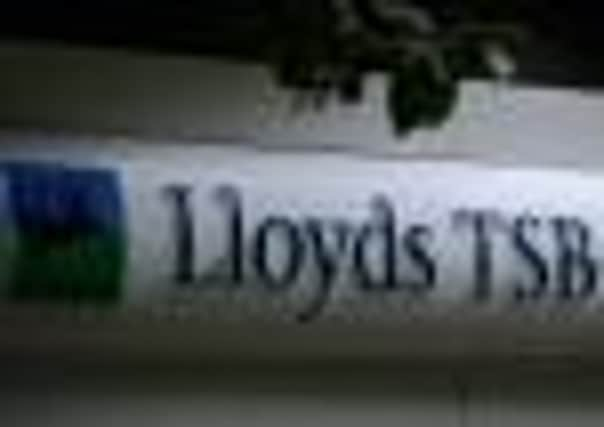Jeff Salway: The feeling’s mutual in high-street banking


One of the UK’s biggest high street retail brands opening in-store bank branches with seven-day opening hours and an eye-catching new current account? Or an existing high street banking name taking on branches from another?
M&S Money claims to offer “new fashioned banking” as it opens its first branches. Its current account, unveiled this week and launching in October, suggests it will do anything but. The chief threat to the status quo may lie in retailers, but it will not come from M&S alone.
Advertisement
Hide AdAdvertisement
Hide AdThe Co-operative Bank is a different matter. Next year it will take on 632 Lloyds Banking Group branches, under an EU mandated deal finally sealed at the end of last week.
The Co-operative – a mutual, despite its bank branding – will more than double its branch network to around a thousand across the UK (although the transferred branches won’t be rebranded under the Co-op name). It will become the third largest bank in Scotland, in terms of branches.
The move affects not only Lloyds TSB but Cheltenham & Gloucester customers too. The deal effectively means the latter is being remutualised, while the TSB brand will be resurrected next summer as the Trustee Savings Bank is restored to its pre-Lloyds mutual status.
What of the other brands that demutualised during a frenzy of conversions in the 1990s and early noughties? The list reads like a gallery of banking crisis victims – C&G, Northern Rock, Alliance & Leicester, Bristol & West, Halifax and Bradford & Bingley. All ended up under some form of state ownership. The main exception is the Woolwich, part of Barclays.
That the presence of mutuals on our high streets will now be significantly boosted by a deal borne of the banking crisis is a detail that many will relish. Only last week the chairman of the Building Societies Association (BSA) said he felt “let down” by the UK’s banks, pointing to the impact of their indiscretions on the reputation of the financial services sector as a whole. Certainly the City regulator’s one-size-fits-all post-banking crisis approach fails to differentiate mutuals from banks.
The public has more faith in mutuals than the regulator, however, and that bodes well for a newly enlarged Co-operative. Research by the BSA found that 79 per cent of consumers say their trust in building societies has stayed the same or increased, while two-thirds said their trust in banks has eroded. Of people who claim they’re likely to switch their current account following the latest banking turmoil, 24 per cent said they’d move to a building society.
Action speaks louder than words, of course, but there’s hope that more people will be prepared to put their money where their mouths are if they believe there’s a real alternative.
By that I’m referring to a customer service focus that sits in sharp contrast to the banking norm and an ethical stance that seeks to reflect the principles of its members.
Advertisement
Hide AdAdvertisement
Hide AdI have to declare an interest as I’m a recent convert to the Co-operative. I moved my current account there last year and while the online banking is a little basic, the service is friendly, efficient and straightforward. That’s more than you can say for most banks and certainly better than my previous experience. On the downside, it’s hardly world beating in terms of products. A glance at the best buy tables finds that the Co-op is largely conspicuous only by its absence.
Is that enough to get more people switching and improve competition in the market? Possibly not. The Co-op proposition is attractive, but it’s not perfect and its savings deals in particular could be more competitive. But its expansion is a chance to deliver a message about what people really want from their banks in this day and age.